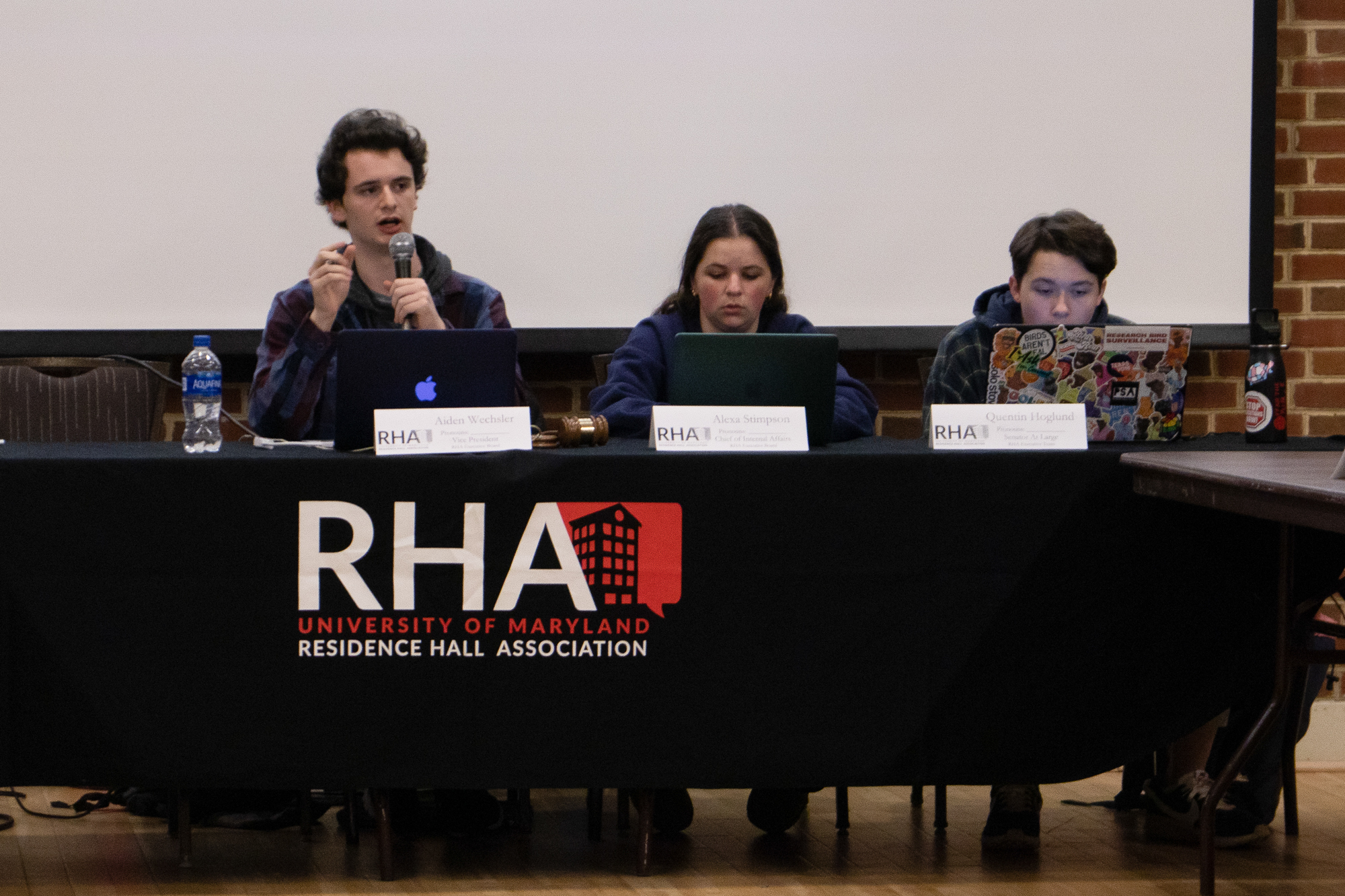Views expressed in opinion columns are the author’s own.
Yes, room and board cost increases suck for us students. We sit back and watch more money leave our wallets each year to attend the University of Maryland. Last week, the RHA voted for increases in dorm room and dining service fees for the upcoming school year. While this seems to be a wildly unpopular move among students, there are a lot of factors that make it necessary.
Factors such as inflation, new construction and hiring more employees all increase the financial burden this university’s students must take on.
Sometimes price increases are a necessary evil, and if utilized to increase the minimum university employee wage to $15 an hour, the choice to pay a little more is worth it. The Residence Hall Association was justified to vote in favor of increasing our room and board costs. And as long as that money is being put toward good use, it could tremendously help improve the welfare of students and employees at this university.
While this price increase of up to about $600 for room and board seems like a lot, the room rate increase is actually less than half of last year’s price hike.
Moreover, when the RHA voted to approve fee increases, it did so with input on the current costs the Resident Life department is dealing with. Resident Life directors spoke at the RHA meeting to explain how many of the proposed budget increases are largely unavoidable due to the cost of living adjustments.
That’s part of the reason why the cost of college continues to increase nationally each year. With inflation, the status quo is that prices increase over time. The only plausible way this university can reduce its fees is if cuts are made somewhere else. That most likely means hiring fewer employees, paying dining and residence employees less or stopping the construction of more modern dorms.
That’s another source of the increased financial burden this university is currently juggling: the massive expenses from new facilities built in recent years to improve the quality of student life.
While there is likely some room for salary cuts for employees at the top of the pay structure, that wasn’t in the bill the RHA voted on.
Furthermore, it’s unfair to levy much blame on the RHA for its controversial vote when the reality is it plays almost no role in deciding this university’s budget. The RHA’s voting rights are largely a formality meant to gauge what students think about changes university administration wants to make.
It seems clear that the exploding frustrations students have had toward the RHA’s vote to approve price hikes are a symptom of the larger issue. The cost of attending college has become far too expensive. With increased salaries given to administrators and decreased public funding for universities, it has become a stretch for universities to keep up without impacting students’ cost of attendance.
Unexpected costs can also stretch the university’s budget. At one point during the COVID-19 pandemic, this university had to buy carryout containers to provide meals to students — an appreciable expense that put a strain on this university’s dining budget. It is probably difficult for this university to handle these cost-of-living increases, along with any unexpected costs, without expecting students to pay more.
All of these improvements come at a cost. We cannot expect improved living conditions and increased wages for all employees without someone having to pay a price. At some point, part of the burden to pay for these new amenities is on us.
If we want to pay employees higher wages and have decent facilities, it’s going to cost us. It’s a much better idea to ensure that all employees are paid a $15 minimum wage than it is to withhold necessary funds from this university’s dorm and dining staff. The RHA’s symbolic vote will be proven valid if this university follows through on its implied promises.
CORRECTION: A previous version of this headline and story misstated that the RHA raised room and board fees. The governing body voted in favor of a resolution. The headline and story have been updated.
Ravi Panguluri is a sophomore computer science and statistics major. He can be reached at rpangulu@umd.edu.



